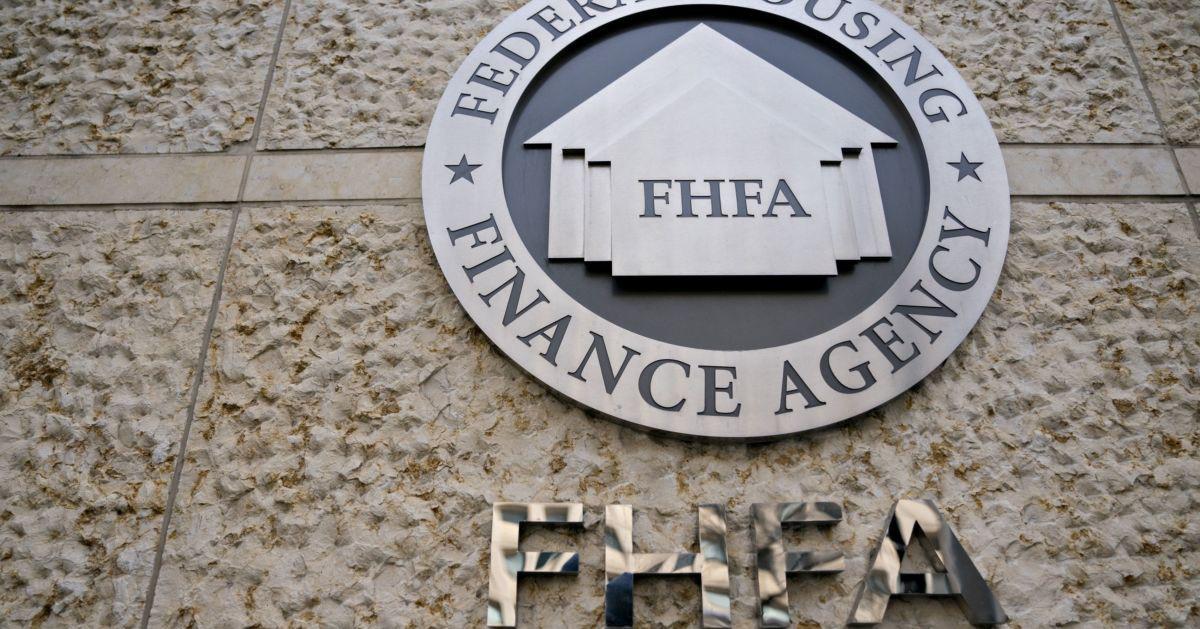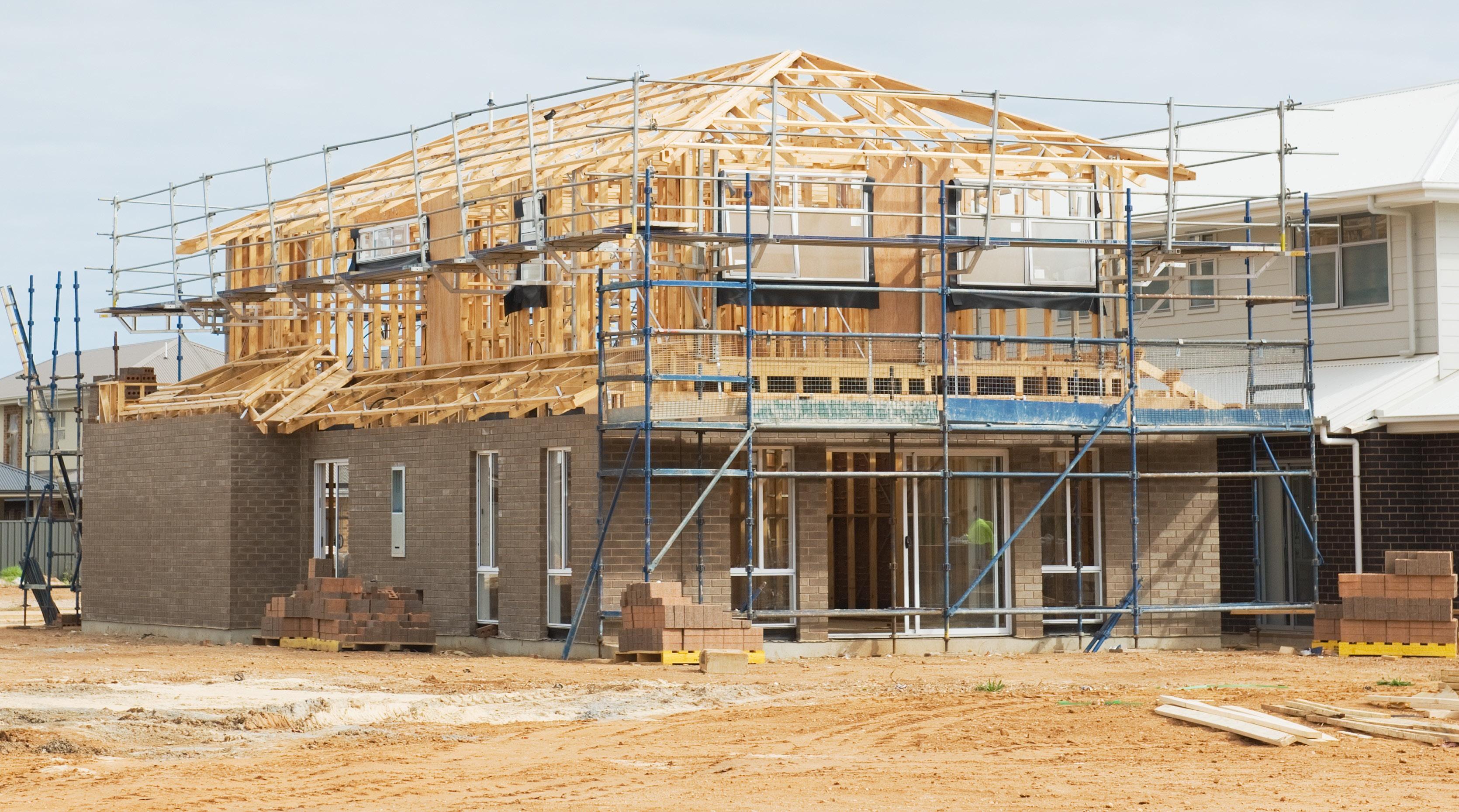
6 minute read
The road to recovery for President Joe
Following a chaotic election that saw the former president, Donald Trump, and his allied partners attempt to overturn the election results, the incumbent president Joe Biden, amid the rising chaos faces an uphill battle trying to restore the dignity America once was. Biden’s rise to the hill wraps up one of the most dramatic political transitions in American history.
Even as the pandemic continues to shatter lives in America, there clearly seem to be more pressing issues that the president has to deal with, especially issues to do with race, but I will get to that in a moment.
Entering the office, Joe Biden promised a $9 trillion injection into the economy. An infrastructural package that could potentially transform the US apart differentiating it from the rest of advanced nations. It is highly likely that the proposal may be just another watershed moment for the economy which clearly signals that the era for neoliberal capitalism is far much behind us. While this concept may be dead and forgotten, what comes next?
If you compare challenges that advanced governments like the US face today with those they faced decades ago, there are huge fundamental differences. The challenges that we faced decades ago enabled the birth of the New Deal and the welfare state. Today’s problem and very different. We are talking about institutional and systematic racism (this has not changed a bit!) climate change, labor market disruptions, hyper and de-globalization and all these require new tactics and new solutions. It further shows that any leader has to have a new economic angle to how they’ll approach these situations, rather than having a nostalgia for the mythicized age where governments really sort for shared prosperity at home and global greed for supremacy abroad.
THE ROAD TO RECOVERY FOR PRESIDENT JOE BIDEN IN FIXING THE ECONOMY

So far, so good. At least the president is doing something positive especially reversing most policies enforced by the former government. For instance, on climate change, the president re-entered the Paris Accord but regardless, his plans fall short in some areas especially those put forward by Alexandria Ocasio-Cortez; the Green New Deal. that is not to say that Biden’s plans don’t contain significant green agendas. Take an example of his plan to support markets for electric vehicles and many other programs that seek to cut the carbon emissions in the country. This makes one of the biggest most progressive agendas to curb greenhouse gases.
When it comes to employment, his plan largely focuses on expanding employment opportunities offering good pay and good benefits.
Let’s compare Biden’s administration to the Obama-era administration. Obama inherited an economy that was in a free fall! And Biden, while not that worse, it’s better off. From the collapse of last spring, the economy continues to surprise us, showing a significant rebound! In as much as new priorities are to a new government, new thinking strategies carry the same weight! Biden’s package is spread over eight years and it seeks to raise public spending by only one percentage point of the GDP. it is also projected that it will pay itself, eventually. A boost in public investment especially in infrastructure development, the green economy transition, and the creation of employment opportunities has been long overdue. Assuming that the plan is nothing more than just a big investment on the public largely financed by taxes on large corporations, there is a lot the country could gain.
RECOVERY ROAD TO MULTILATERALISM
When Trump was in power, he had one agenda only, America First! This shattered international cooperation with many nations. One of the frontiers Biden is expected to fix is embracing multilateralism again and restoring U.S leadership in the world, especially in matters like climate change. His new committment to combating climate change has sparked hopes that China and the USA could again work together. In addition, the president also promised that he would restore relationships between America and the traditional allies that were severely hurt during Trump’s administration. He said that he would rejoin Iran’s nuclear deal and recalibrate the U.S. strategy in the Middle East.
Data Sources
https://asia.nikkei.com/Spotlight/Caixin/The-monumentalchallenges-facing-Biden https://economictimes.indiatimes.com/news/international/ world-news/ten-challenges-biden-faces-in-fixing-the-economy/ articleshow/80358878.cms?from=mdr
A GROWING NUMBER OF MILLENNIALS SAY ‘NO’ TO HOMEOWNERSHIP
Owning a home has been part of the American Dream for decades, and it is one of the biggest investments many people look forward to in their lifetime. When home prices and interest rates go down, demand increases as people flock into the housing market to get themselves a new home as they take advantage of the situation. However, there is one demographic that isn’t interested in setting its sights on the milestone of homeownership even considering today’s low interest rate environment— the Millennials.
Although they’re the largest generation in the U.S., they are most likely to own the smallest percentage of houses compared to other generations. What could be the cause of this new trend?

A RECENT APARTMENTS LIST’S 2021 MILLENNIAL
Homeownership Report revealed that 51% of baby boomers owned homes by 30, while 48% of Gen Xers had closed on homes by the same age. But Millennials homeownership rate is at 42% while signs of a further drop are visible in the horizon. Each year comes with a larger number of millennials who indicate they have no plans to ever stop renting. The number was 11% in 2018; it increased to 12% in 2019, before jumping to 18% in 2020.
WHAT COULD BE THE PROBLEM?
According to the report, affordability is the biggest hurdle. As the number of millennials with plans to buy a home dropped, 63% of them reported not having money for down payment. And with the ongoing COVID-19 pandemic, the situation has only been exacerbated. Last year experienced a massive surge in both unemployment and home prices as demand went through the roof while rates flattened. The efforts by the Fed to shield the housing market through dropping interest rates to near zero, indeed made it easier to finance a home. However, this was only possible to those who could afford the upfront cost of paying a down payment, while many millennial renters cannot.
Among those who are planning to rent for as long as it takes, 74% say they cannot afford homeownership. 34% cite the potential lifestyle benefits of renting, while 32% are avoiding unforeseen maintenance and expenses. Moreover, despite having had a bullish real estate market that has experienced price rise for over a decade, some millennial renters who witnessed the Great Recession during their young years remain skeptical. According to the report, 21% of committed renters cite that purchasing a home is financially riskier than renting one.
The problem of affordability doesn’t end there. The report also revealed that affordability will still be a problem for millennials looking to purchase a home in the future. Over threequarters say they are waiting until they have the financial muscle or means, while others indicated they are waiting to settle down in a single place, or waiting to marry and commit to home ownership with a life partner. 40% revealed that the COVID-19 pandemic has directly impacted their homeownership plans including 21% who are now delaying homeownership altogether. For most, delaying is purely propelled by economics due to partial or total income loss (67%), a drop of down payment savings (21%), or an ideology that homeownership is no longer a wise decision in a volatile economy.
Moreover, the report reveals that there is another group of renters who are postponing homeownership because ‘they are less certain of their housing preferences in a postCOVID world.’ The onset of the pandemic had everyone realizing the pros and cons of their current living situations. For the millennials who were looking to buy a home but have delayed the plans, ‘28% are reconsidering what type of home they want to purchase, while 27% are rethinking where they want to buy entirely.’ An increase in the remote working trend instead of physical offices could impact the choices millennials will make when they want to invest in the real estate market.
Work cited.
https://www.apartmentlist. com/research/millennialhomeownership-2021.










